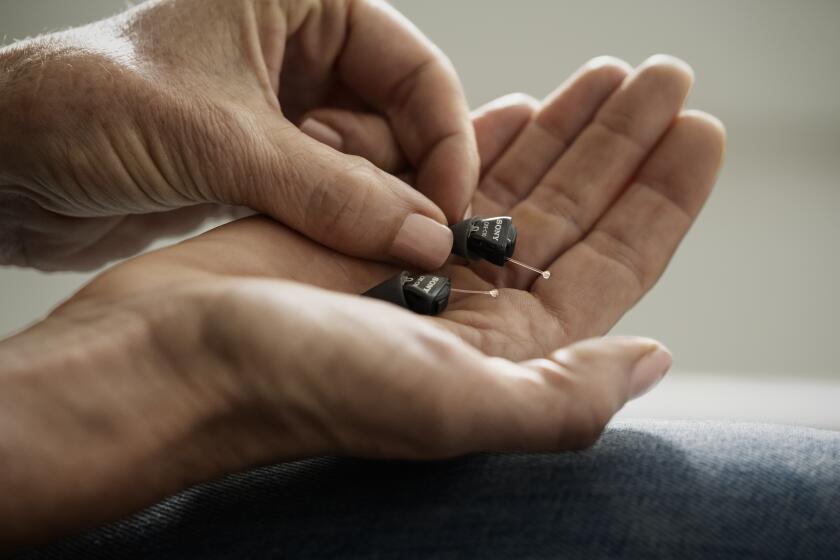FDA Eases Rules on Herpes Drugs
People with recurrent genital herpes, as well as those who are experiencing an initial outbreak, have a growing number of options for treatment.
The U.S. Food and Drug Administration has allowed SmithKline Beecham to market its herpes drug, Famvir, for suppression of recurrent outbreaks. Previously, Famvir was approved only for the treatment of outbreaks. Daily use of Famvir may help prevent recurrence, according to studies. Used preventively, the drug may also help stop transmission of the virus to a sexual partner.
Moreover, SmithKline officials say, a study is underway to determine if treating a patient’s initial outbreak with the medication will prevent recurrence.
The FDA has also approved the herpes drug Valtrex for suppression of herpes outbreaks. Valtrex, which came on the market last year for use in treating initial herpes infection, is taken once a day, while Famvir must be taken twice a day. There is much debate about which medication is more effective, and future studies may clarify that question.
More than 31 million Americans have herpes, with about 500,000 people becoming infected each year.
*
Supplemental Help: A new device to help consumers choose nutritional supplements may be coming to a drugstore near you.
Information Delivery Systems of Pasadena has created a system called Red Phone Audio Information Center to help consumers select vitamins, minerals or herbs in a drugstore setting. The system is especially useful in stores where the pharmacists are too busy or know too little about nutritional supplements to answer consumers’ questions. The device features a phone, keypad and CD player. For information about a supplement, the customer picks up the phone, keys in a reference number and listens to a recording.
Some Longs and Sav-on drugstores plan to begin testing the units soon.
*
Pain-Free Progesterone: Women undergoing infertility treatment are sometimes required to undergo daily injections to deliver the hormone progesterone. This treatment can continue for several weeks. Now, however, a new pain-free method of administering progesterone is available.
The FDA has approved Crinone for progesterone therapy. But instead of an injection, the drug is applied intravaginally in an adhesive gel.
Large doses of progesterone are sometimes needed to support the normal cycle of ovulation during the first trimester of a pregnancy achieved through in vitro fertilization. Studies show that Crinone is well-tolerated and has few side effects.



